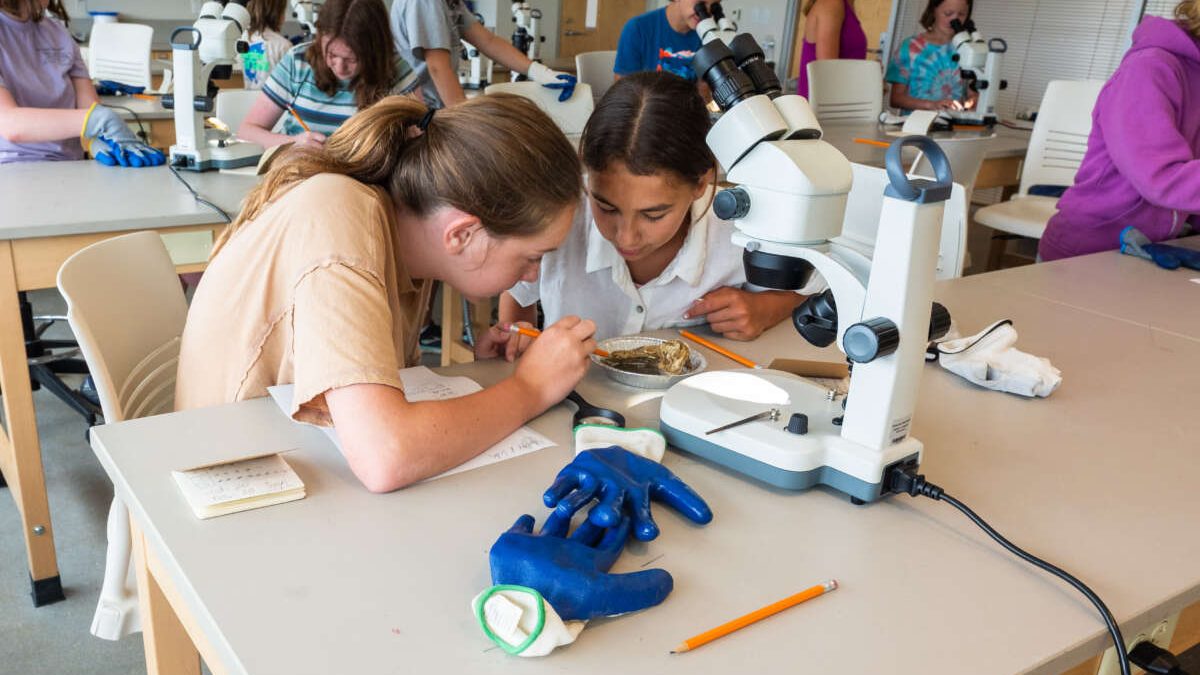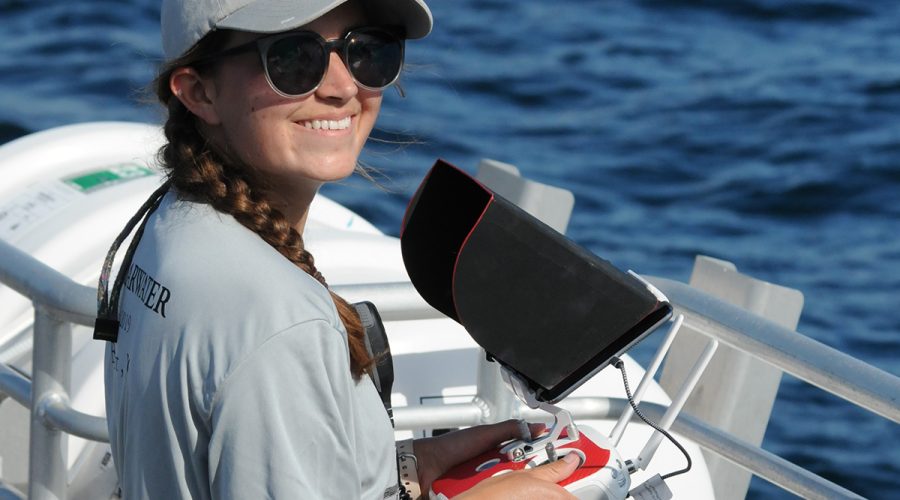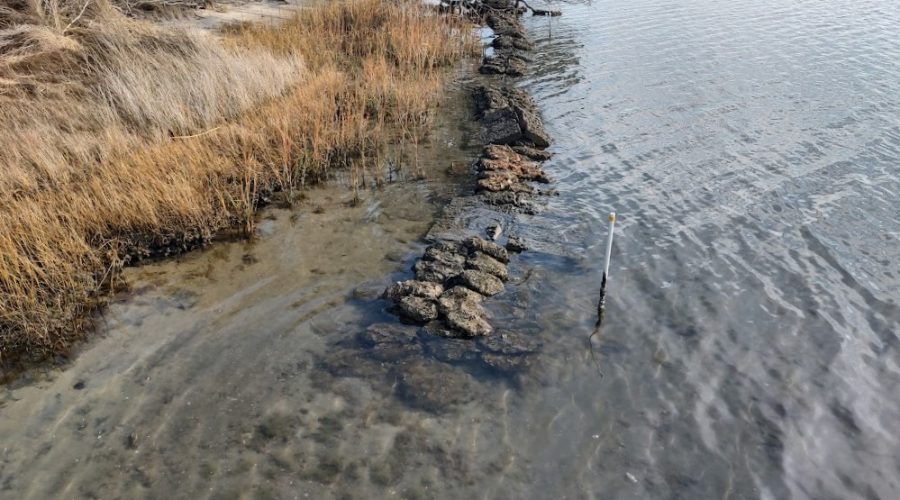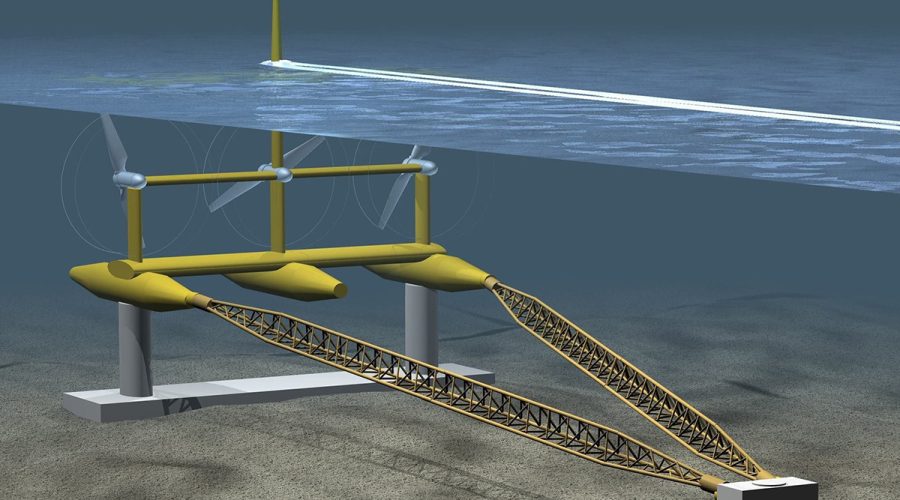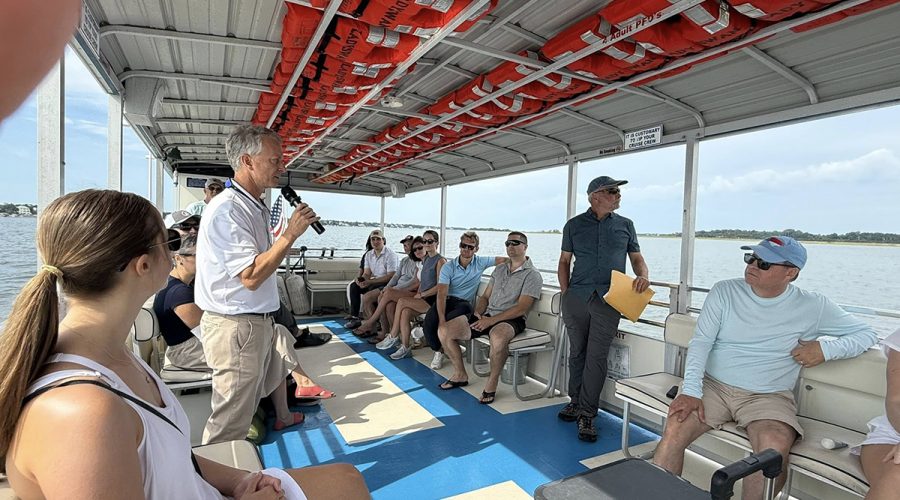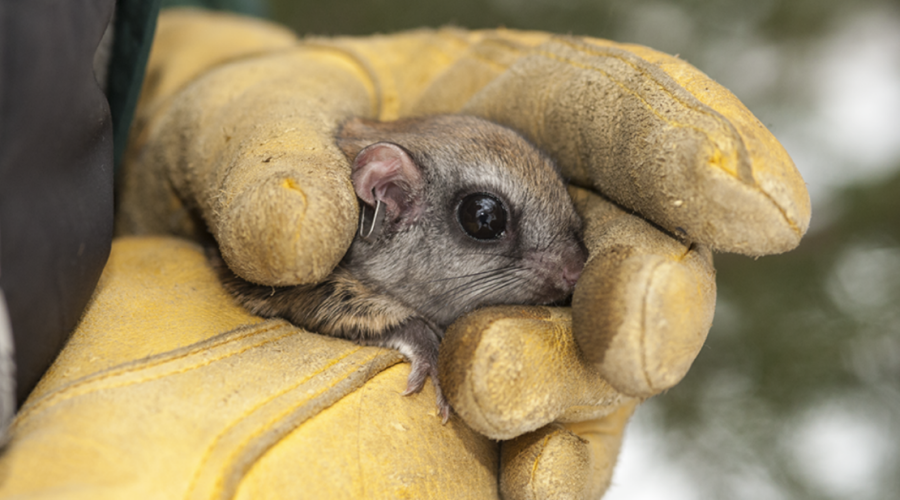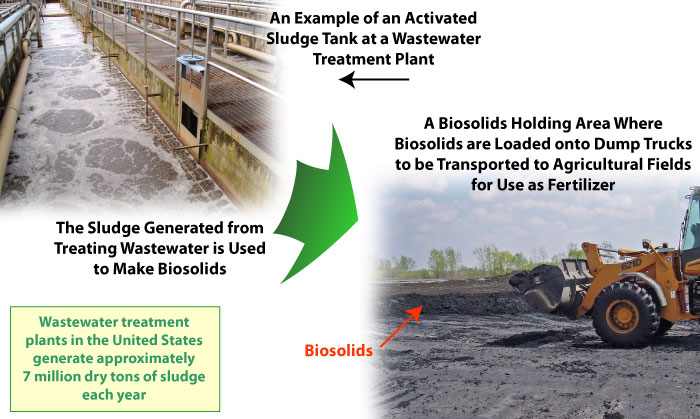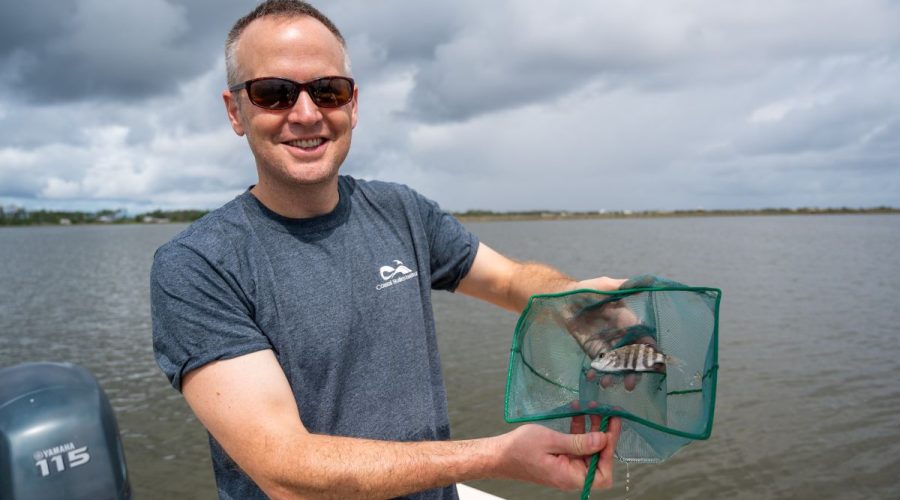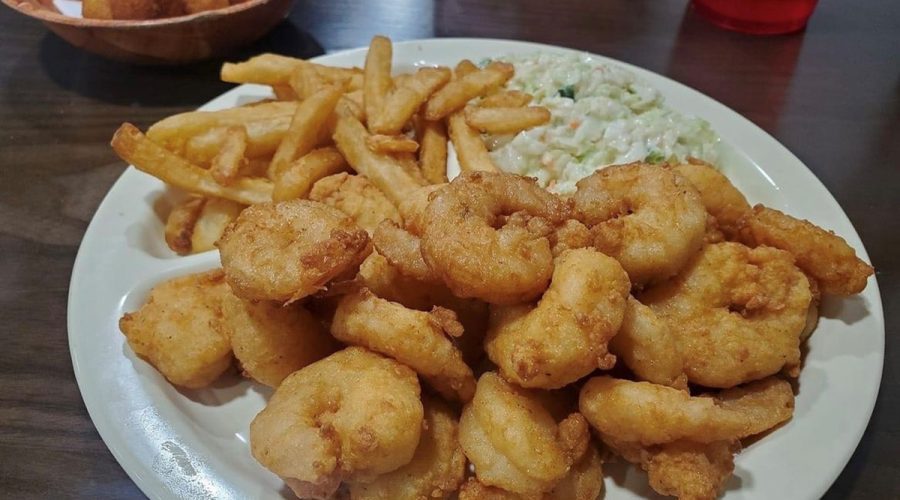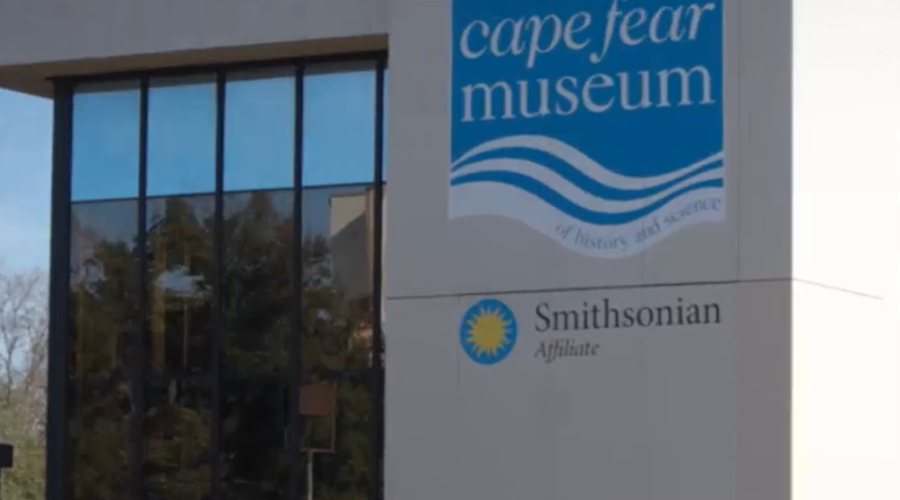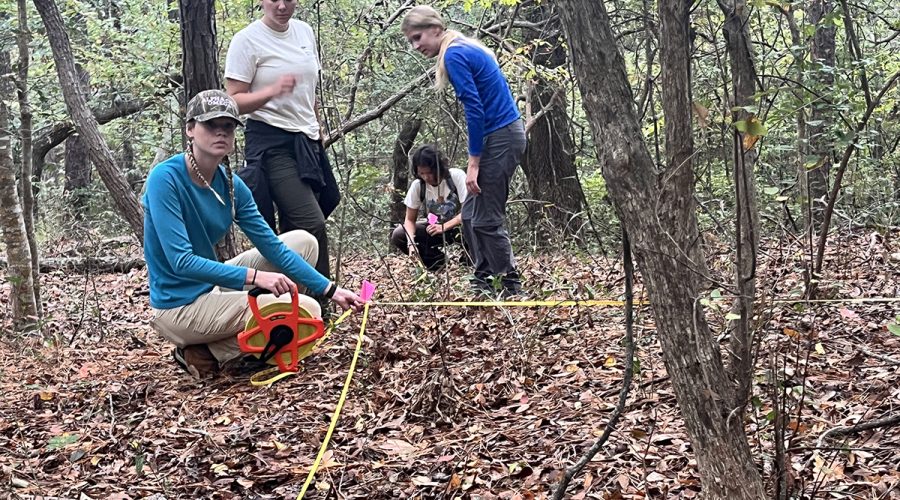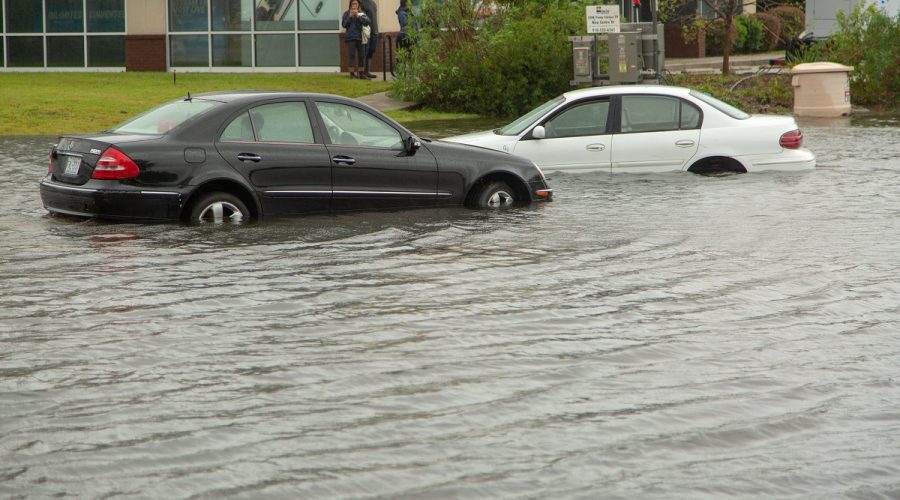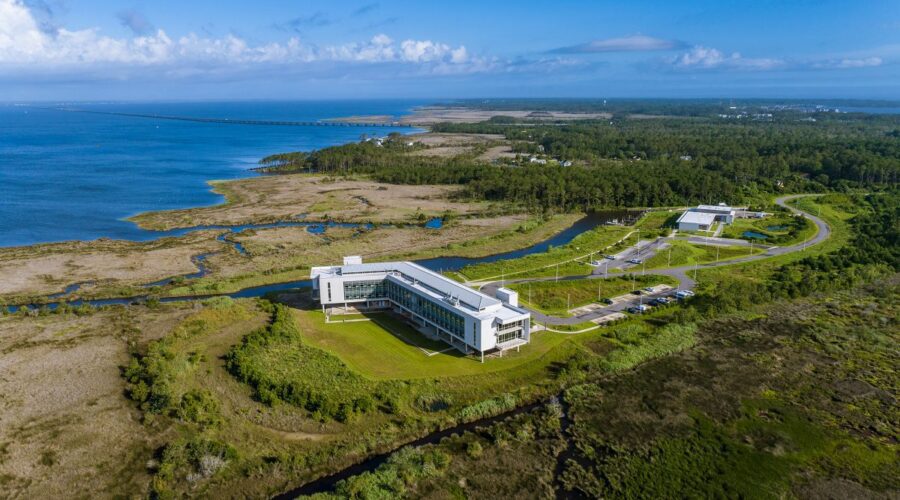Online registration for summer camps at Coastal Studies Institute at the ECU Outer Banks Campus in Wanchese opens March 2.
science
Sturgeon City to host women’s STEM event
Sturgeon City’s “She Innovates” welcomes women of all ages to engage with women professionals in various fields of science, technology, engineering and mathematics.
Researcher Annie Harshbarger reveals pilot whale behavior
The doctoral candidate at Duke University is employing new whale-tagging technology to reveal highly detailed information about pilot whale hunting habits, answering old questions about the specifics of the species’ behavior.
Thriving oyster colonies on living shorelines boost protection
While it’s not exactly “build it and they will come,” nature-based shoreline erosion-control structures such as living shorelines offer increased protection when they successfully attract and grow oysters.
NC State team develops simulation tool for offshore energy
North Carolina State University researchers have created a model that simulates wind, waves, tides and currents to help pinpoint areas best suited for various types of offshore energy generation.
Registration open for inaugural Coastal Leadership Institute
The North Carolina Coastal Federation is launching a six-month leadership and professional development program focused on coastal issues.
Put your state tax refund toward vulnerable wildlife research
The N.C. Wildlife Resources Commission is reminding anyone expecting a refund on their state taxes that they can donate a portion or all of their return to the state Nongame and Endangered Wildlife Fund.
First state study of PFAS in biosolids finds presence statewide
A N.C. Division of Water Resources study evaluating PFAS concentrations in wastewater and biosolids from 37 municipal, industrial and domestic wastewater treatment plants across the state is being called a “first step” to understanding the breadth of PFAS contamination in the state.
NC’s ‘toothiest fish’ topic of next talk in science lecture series
Fisheries ecologist Dr. Jim Morley will explain the life history of sheepshead during the Jan. 15 “Science on the Sound” Lecture Series at the Coastal Studies Institute in Wanchese.
Oceanographer Reide Corbett to speak at OBX Green Drinks
Coastal oceanographer Dr. Reide Corbett is to give his talk, “Science, Shorelines, and Tradeoffs: Understanding What’s Happening Along the Outer Banks Coast,” at 6 p.m. Thursday at Waverider’s in Nags Head.
Imported shrimp served at restaurants touting local catch
A sizeable majority of Outer Banks restaurants that claim to serve local, wild-caught shrimp have been found through genetic testing to be serving imported farm-raised shrimp instead.
Cape Fear Museum to temporarily close for move to new location
The Cape Fear Museum of History and Science in Wilmington will be temporarily closed beginning Dec. 31 to allow for the preparation and relocation of more than 400 artifacts to the museum’s new location.
Secretaries’ Science Advisory Board to meet Wednesday
The state Secretaries’ Science Advisory Board, which assists and makes recommendations to the N.C. departments of Environmental Quality and Health and Human Services regarding contaminants, is scheduled to meet in Raleigh on Wednesday morning.
Student researchers to present Nags Head Woods findings
The lecture, “Patterns of protection: Natural and Social Values of the Nags Head Woods Maritime Forest,” is set for Dec. 11 at the Coastal Studies Institute in Wanchese.
UNCW center awarded grant for flood planning, resilience
The Endowment, established from New Hanover County’s sell of New Hanover Regional Medical Center to Novant Health in 2020, has awarded a $500,000 grant to UNCW’s Center for Marine Science to help enhance flood safety and resilience efforts in the county.
Free lecture to highlight satellites’ role in resilience planning
“Watching the Tides Roll: How Satellites Inform the Future of Coastal Communities“ with Dr. David Lagomasino begins at 6 p.m. Thursday at the Coastal Studies Institute.

